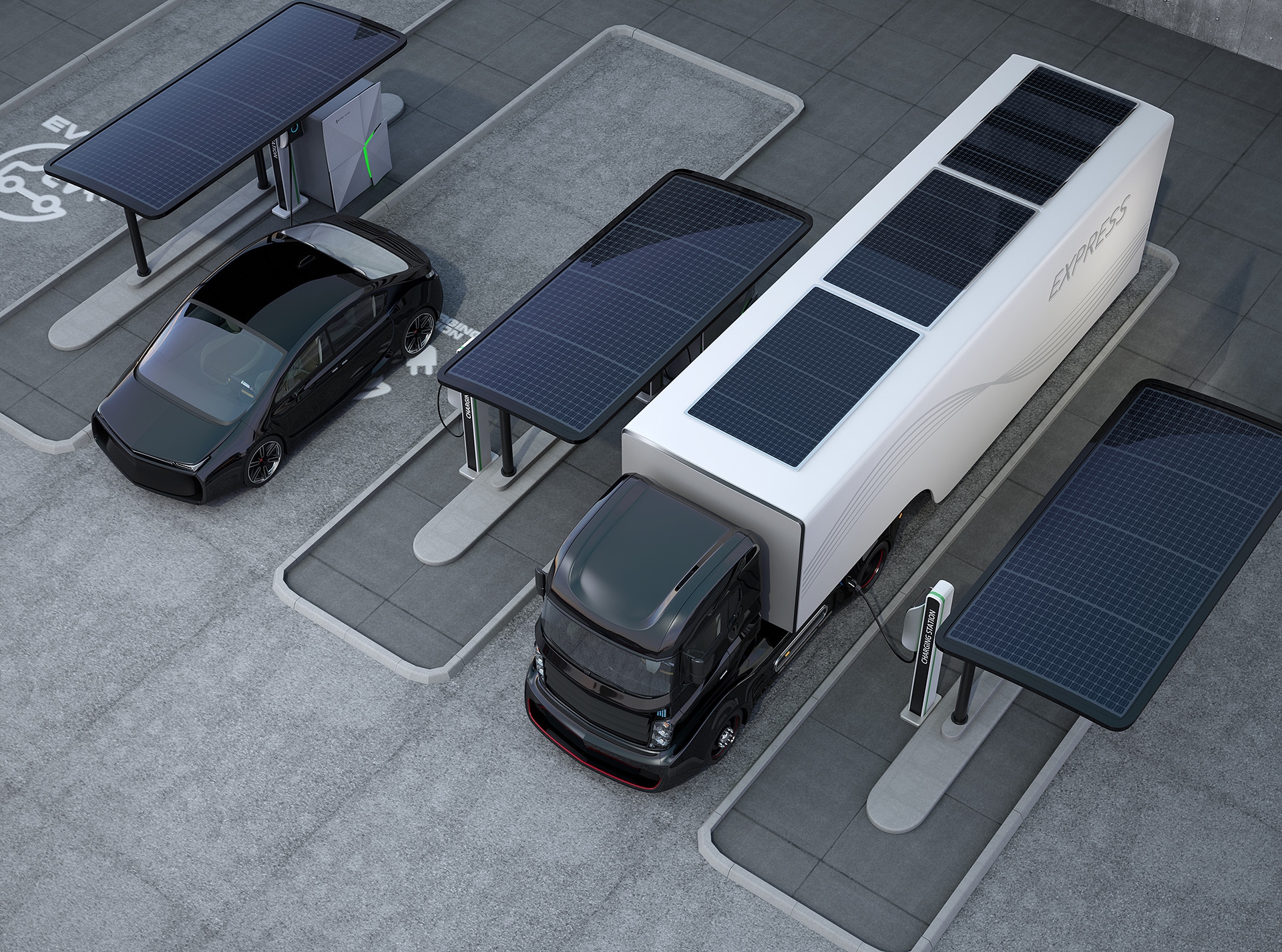LONDON – Ricardo, a global strategic environmental and engineering consulting company, has launched a European Union-funded project to establish a single life cycle assessment (LCA) approach for zero emission vehicles (ZEV) and batteries across Europe. The project is supported by a Coordination and Support Action under the Horizon Europe Framework Programme and has received funding from UK Research and Innovation (UKRI).
Currently, there is no agreed European or international standard on vehicle life cycle assessment. However, there are a number of standards in draft or being developed for electric vehicle (EV) batteries. Defining a single, harmonized life cycle assessment approach for vehicles and batteries is crucial in providing transparency and comparability of impacts from these products. This will aid in achieving Green Deal targets, making Europe the first digitally-enabled circular, climate-neutral, and sustainable economy. Harmonized standards will also facilitate industry, mobility providers, and planners to develop sustainable road transport products that are optimized to combat climate change.
Ricardo is part of the core team of the collaborative TranSensus LCA consortium, which is jointly coordinated by the Fraunhofer Institute for Structural Durability and System Reliability LBF and the Fraunhofer-Institution of Surface Engineering and Thin Films IST. The consortium comprises 44 stakeholders from industry and research along the full value chain of zero emission vehicles and batteries, including research institutions, vehicle and battery manufacturers, the supply industry, energy providers, and recyclers.
Nikolas Hill, Head of Vehicle Technologies and Fuels in Ricardo’s Sustainable Transport team, highlighted the importance of life cycle assessment in sustainable product and business development. The major report on life cycle impacts of road vehicles that Ricardo undertook for the European Commission in 2020 demonstrated the challenges for the application of life cycle assessment. Efforts to use and realize the benefits from life cycle assessment approaches by the transport sector are hindered because of a lack of an official European standard for vehicle LCA. This is mainly due to a lack of a consistent, fair framework or harmonized methodology, as well as limitations in accessing and managing real-world data and applying consistent modeling.
Through Ricardo’s work with its industry and research partners on this project, the company’s policy, strategy, and technology experts will help to deliver a standard, trustworthy, and consistent assessment of full vehicular environmental footprints to support organizations across the transport value chain in achieving climate neutrality.
In 2020, Ricardo’s report for the European Commission, DG Climate Action: Determining the environmental impacts of conventionally and alternatively fueled vehicles through LCA, was the most extensive and comprehensive study of its kind to date. The report assessed the life cycle impacts of 65 different European light- and heavy-duty vehicle types and powertrain combinations. It also highlighted the positive impact of existing European Union policy in directly supporting the move to a more circular economy and the initiatives aimed at developing a sustainable value chain for hybrid and fully electric vehicles and their batteries in driving down industrial emissions and improving resource efficiency.


